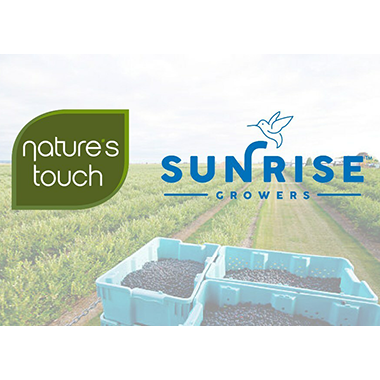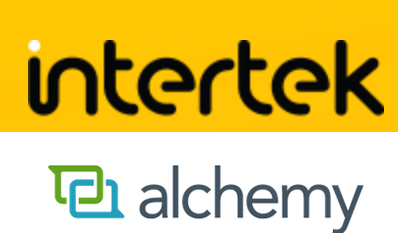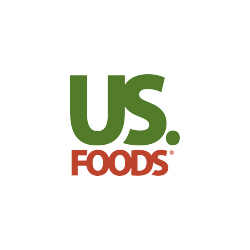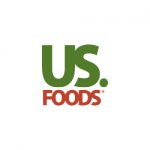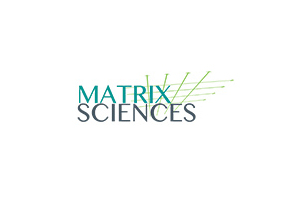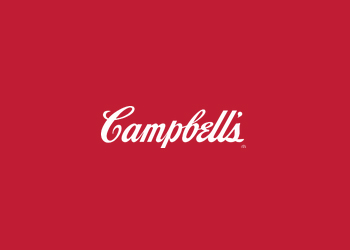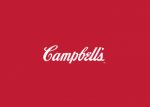Developing a plan for meaningful growth can be a challenge many business owners face. With Gross Domestic Product growth currently at three percent, if you aren’t launching new products or services, adding new customers, or increasing sales to existing customers, the road to continued growth may not be clear. However, a careful and strategic purchase of a company – an acquisition – is one approach that could help you in meeting your company’s growth goals in less time with potentially less uncertainty than relying on only organic growth to get you there.
The advantages of acquisition
While acquisition may come at a significantly higher cost than certain organic growth initiatives like expanding your manufacturing facility or solidifying a new customer relationship, it’s potentially faster to execute. Of course, no substantial business move is without its risk, acquisitions included, but an effective acquisition strategy can be worth considering particularly for a small or middle market company looking to accelerate revenue and earnings. Advantages may include:
- Access to new markets both regionally and globally
- A new, built-in customer base
- An established product line
- A larger pool of talent
- New technology and physical assets
Through acquisition, your company may be able to remain a step ahead in existing markets while plotting expansion into new cities, states, regions or even countries. An acquisition strategy has the potential to expand your geographic reach and may even help improve or expand market share.
Other advantages may include expanding your existing customer and/or product base, while potentially introducing new products or customers. Absorbing existing customer relationships of the acquired company may reduce costs in one area of the business while allowing you to re-allocate costs and resources to other things like technology and talent.
Increasing your pool of qualified and experienced employees can be invaluable. Resources earmarked for training could possibly be allocated elsewhere. Meanwhile, diversification of talent may improve the performance of your existing workforce by leveraging best practices across the combined employee base.
Increase your profit margins
Acquisition has the potential to increase revenue and earnings if the right strategies and tactics are implemented. However, the devil is in the details, and it’s important to make sure you have a solid execution and integration plan in place. Assuming that’s the case, there are a few key reasons why earnings might grow after an acquisition, including:
- Overhead optimization
- More efficient use of assets
- Improved purchasing power and economies of scale
Sales, marketing and administration can be some of the largest expenses companies bear. By eliminating redundant operating and administrative functions, you may be able to accelerate margin improvement post acquisition. The challenge comes in identifying where redundancies exist while making sure to retain critical institutional knowledge and relationships.
Asset efficiency or asset turnover means generating more revenue per dollar of assets. Improvements come from consolidating manufacturing and distribution locations, leveraging better manufacturing practices of the target, or automating inventory and ordering systems. With greater asset efficiency, you may be able to free up more working capital to invest elsewhere in the business.
You may also benefit from improved purchasing power and economies of scale. Whether it’s in office supplies or industrial equipment, larger companies with more purchases often benefit from greater spending volumes which can lead to discounted or lower cost purchases from vendors.
Where does the capital come from?
Sources of capital to support an acquisition are plenty and varied, though each comes with a unique set of pluses and minuses. One of the most common and well-known sources of capital is bank debt, which many companies use as “standard practice.” It’s generally the cheapest form of capital, though requires regular interest and principal payments that will impact your cash flow. However, seller financing and third-party equity investment are both potential alternatives.
Seller financing is a good option for business owners who lack the cash to pay for an acquisition and who may not qualify for traditional bank debt. In these situations, the seller acts as a lender, with similar terms to a bank, though securing this type of financing is generally faster than through a bank. A business owner should be aware, however, that when sellers offer this option, they are usually looking for a buyer with experience in the industry, a well thought out acquisition strategy and a solid business plan.
An equity investor, such as a private equity firm, specializes in buying a company or share of a company with the intention of selling at a later time. While there are typically no required cash interest or principal payments associated with equity financing, depending on the arrangement and terms negotiated, an equity investor may end up with either a majority or minority ownership stake. However, there may be more to what equity partners can offer beyond just a check, including certain operational, strategic and financial resources to help your company grow. For example, an equity partner with other investments in a similar industry as yours may be able to help you expand existing customer relationships and/or introduce you to new ones. An equity firm may also be able to help you build a formal sales team and business development process, train new managers and find and execute the acquisition you are contemplating.
Overall, it may be possible to accelerate growth through acquisition; and a thoughtfully considered and carefully executed acquisition strategy certainly has its advantages. While the expense of doing an acquisition can be a factor, there are a variety of worthwhile capital options to help you get your deal done. Besides, if you can meet your financial goals in less time through acquisition than you otherwise would by pursuing an organic growth strategy only, it’s certainly worth assessing the feasibility of such a strategy for your own business.

